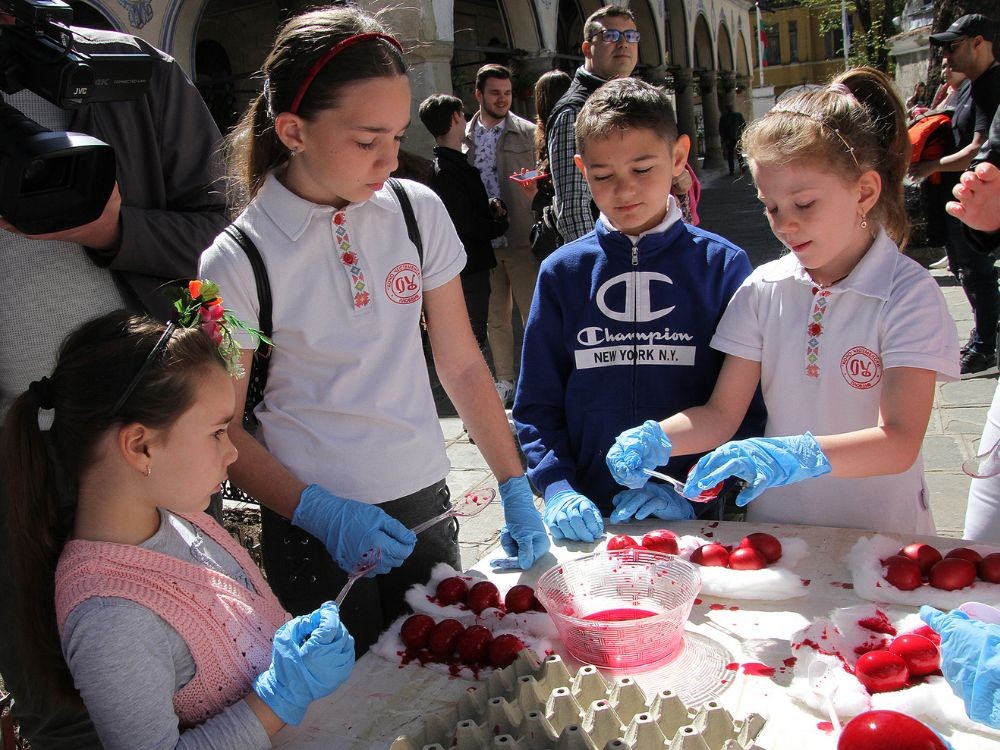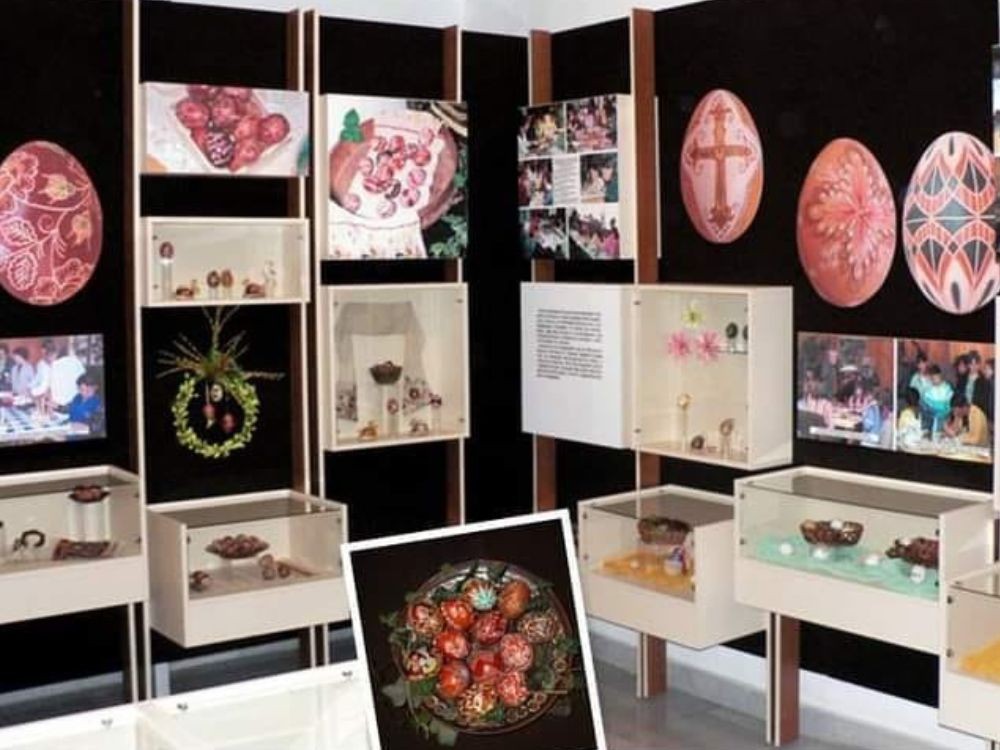

Today, the Bulgarian National Radio’s foreign language service Radio Bulgaria “speaks” 11 languages. Through the years, languages have been added, others have been dropped – something that happened to the Polish-language programmes. They were aired by..
On this day - 17 January - we celebrate the 105th birth anniversary of the legendary piper Dafo Trendafilov . He was born in 1919 in the village of Gela in the Rhodope Mountains and his whole life remains forever linked to this mystical land. He began..
Bulgarian violinist Albena Danailova is the first assistant to concertmaster Rainer Honeck in the New Year's concert of the Vienna Philharmonic on January 1, 2024. Conductor will be Christian Thielemann . Albena..

+359 2 9336 661
